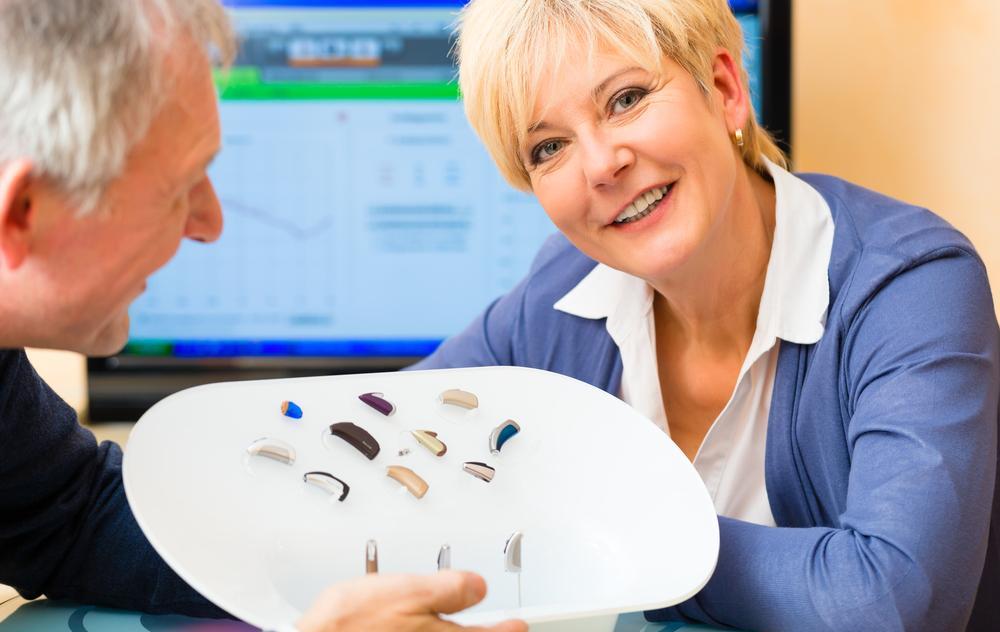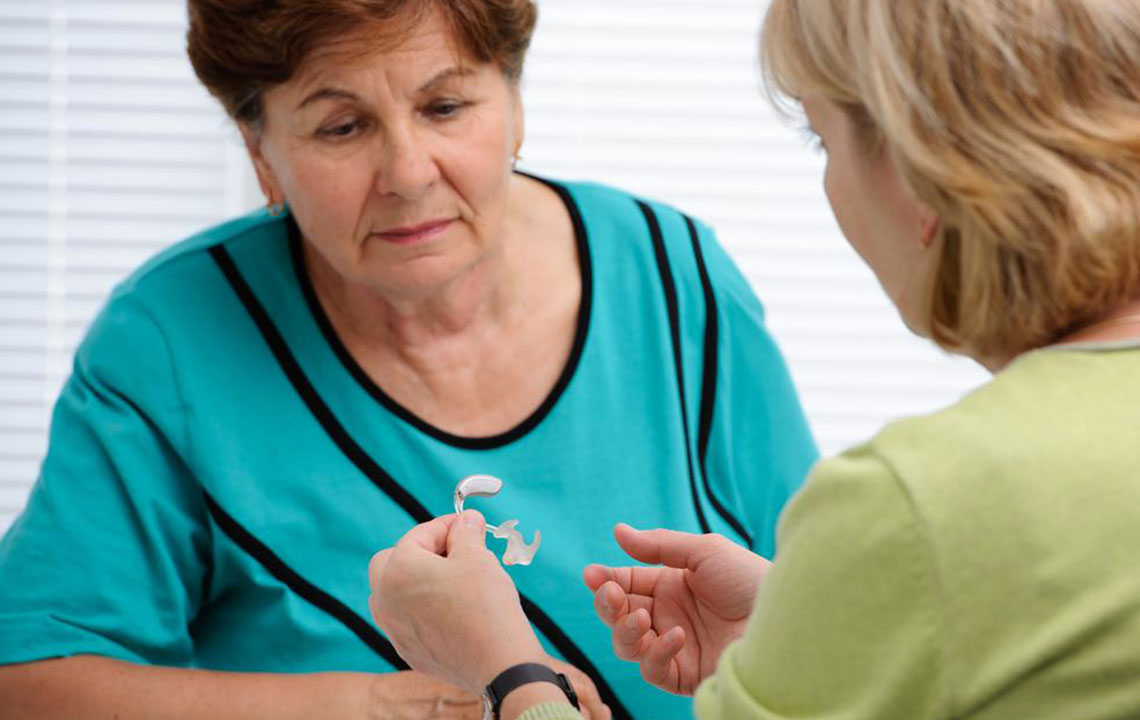Comprehensive Guide to Effectively Managing Hearing Loss and Enhancing Communication
Learn comprehensive strategies for managing hearing loss effectively. From understanding advanced hearing aids and regular maintenance to adaptive communication methods and peer support, this guide offers all you need to improve quality of life despite auditory challenges. Embrace technology and lifestyle changes with a positive mindset for better social interactions and emotional resilience.

Comprehensive Strategies for Managing Hearing Loss and Improving Communication
Hearing loss is a prevalent condition that can significantly impact an individual's daily life, affecting communication, social interactions, and overall well-being. As hearing impairment becomes more common with age or due to other health factors, understanding how to effectively manage it is crucial for maintaining quality of life. This extensive guide will explore practical strategies, technological advancements, and lifestyle modifications that can help individuals adapt smoothly to hearing challenges and foster healthier communication habits.
One of the most effective tools for managing hearing impairment is the use of hearing aids. These devices have advanced considerably in recent years, offering improved sound clarity, comfort, and discreet designs. However, adjusting to hearing aids can be an emotional journey, often accompanied by initial frustration or feelings of self-consciousness. It’s important to give yourself time to adapt and to approach the process positively. Regular interactions with audiologists can help optimize device settings and ensure optimal performance tailored to your specific needs.
Familiarizing yourself with your hearing aids is essential. Take time to learn how to operate them correctly, including turning them on and off, adjusting volume levels, and changing batteries or charging them if they are rechargeable. Testing your hearing aids in various environments—quiet rooms, busy streets, social gatherings—can help you understand their effectiveness and identify scenarios where additional adjustments might be needed. These exercises will build your confidence and enhance your ability to use the devices proactively.
Proper maintenance and care of your hearing aids are vital for ensuring longevity and performance. Regular cleaning removes wax and debris, which can impair function, while proper storage protects the devices from dust, moisture, and physical damage. Avoid exposing your hearing aids to water by removing them before showering, swimming, or doing activities that involve heavy perspiration. Many devices now come with water-resistant features, but caution is still advised.
Beyond technology, adopting adaptive communication strategies can greatly improve your interactions. Use visual cues, such as lip reading and facial expressions, to supplement auditory information. Position yourself in well-lit areas and face the person speaking for maximum clarity. Don’t hesitate to ask others to speak clearly and at a moderate pace, and use assistive listening devices in challenging listening environments to amplify sound. Practice patience and maintain a positive attitude—these mental approaches can reduce frustration and improve social confidence.
Connecting with peer support groups offers emotional reassurance and practical advice. Sharing experiences with others facing similar challenges can provide comfort, motivation, and tips for better managing hearing loss. Many communities and organizations host support meetings where individuals can exchange coping strategies, recommend helpful products, and foster a sense of belonging and empowerment.
In addition to personal efforts, staying informed about technological advances is beneficial. Modern hearing aids now incorporate features like Bluetooth connectivity, smartphone control, and noise reduction algorithms, significantly enhancing user experience. Consulting with audiologists about the latest innovations can ensure you’re utilizing the most suitable devices for your lifestyle and needs.
By actively managing your hearing health through device maintenance, adaptive communication techniques, peer support, and staying updated on technological developments, you can greatly improve your daily life despite auditory challenges. Maintaining a proactive and optimistic mindset is key to navigating the transition smoothly. Remember, effective management of hearing impairment is not just about technology; it’s about embracing a lifestyle that prioritizes communication, social engagement, and emotional well-being.





